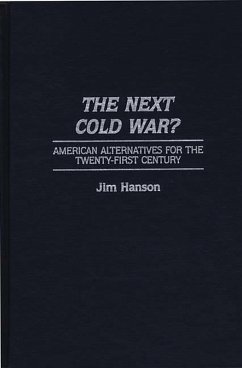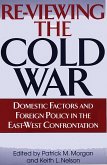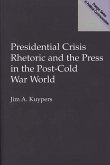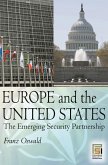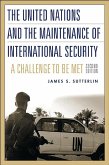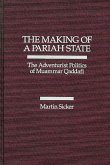The Next Cold War? sounds a warning: the United States may be contributing to another cold war through its competitive unilateral and regional economic policies. Whereas wars of the past usually resulted from political conflict, Hanson warns that a new cold war may result from economic conflict. This raises important questions for American policymakers. Will the United States be a world leader that promotes cooperation and unity, or will it seek to create competition and division? Will the United States address the basic problems of population, environmental deterioration, and economic stagnation in concert with other nations, or will it pursue narrow geopolitical and geoeconomic power strategies? This fascinating work explores both sides of these questions and poses alternatives that will promote world cooperation and unity.
Bitte wählen Sie Ihr Anliegen aus.
Rechnungen
Retourenschein anfordern
Bestellstatus
Storno

